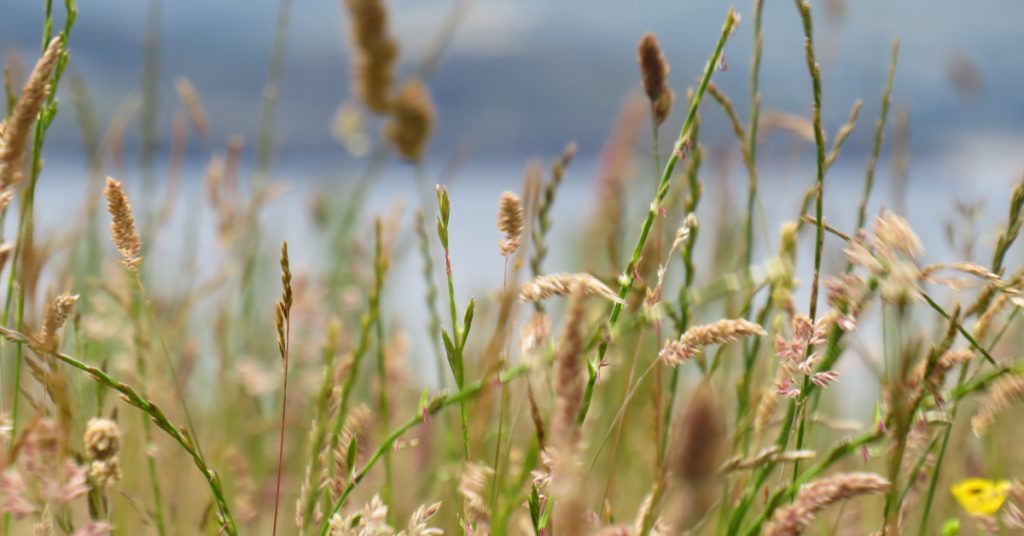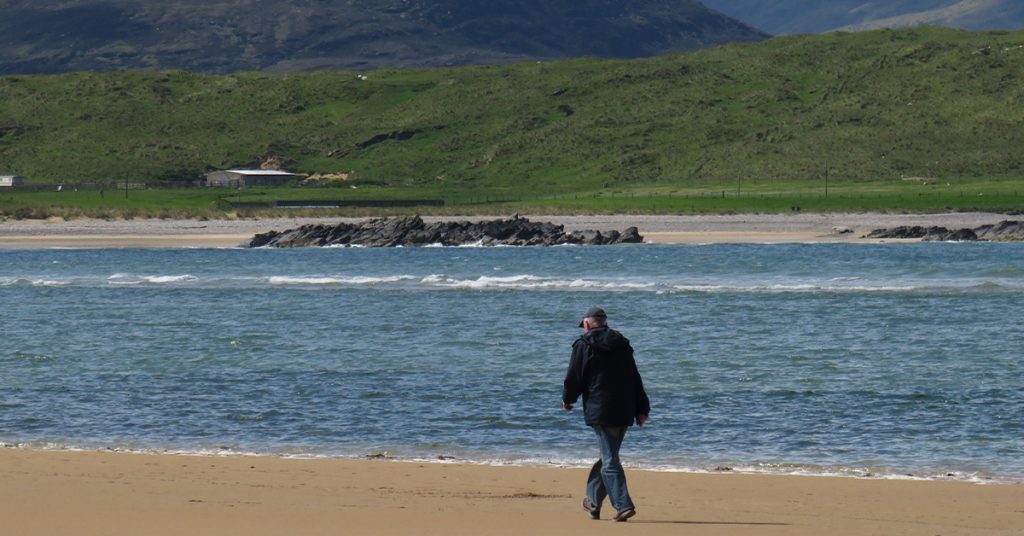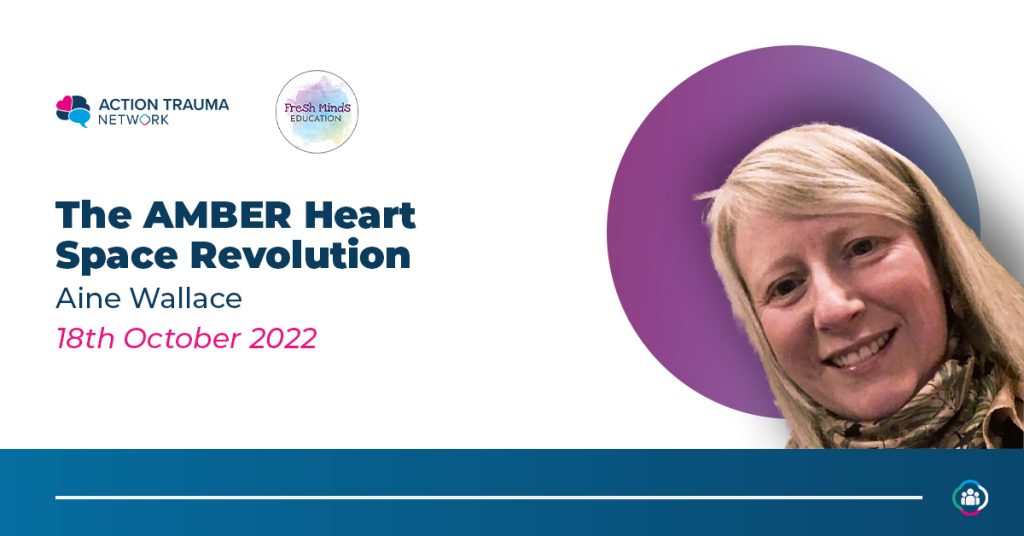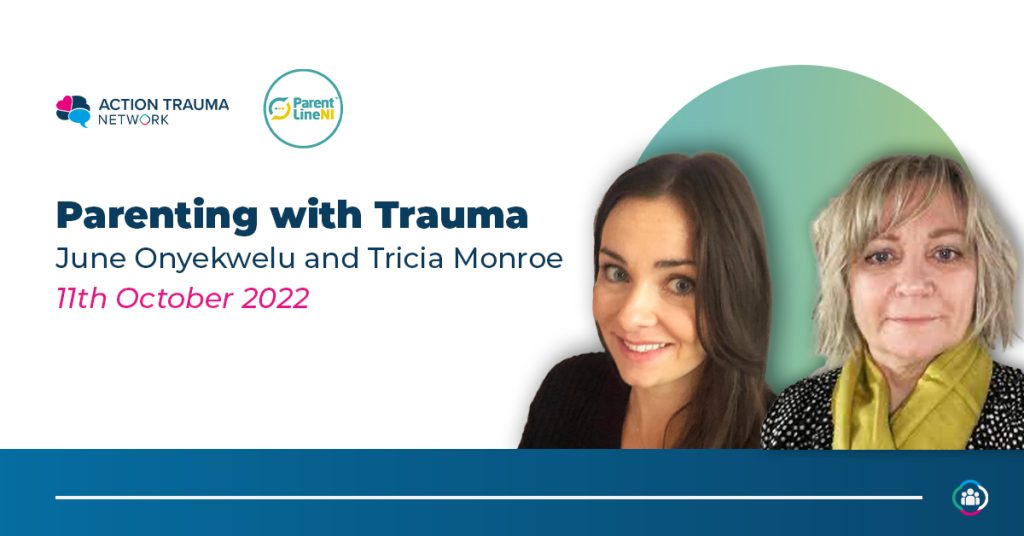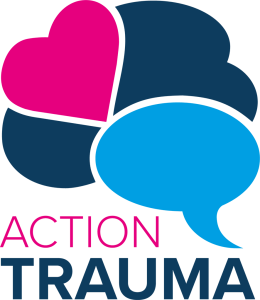Memorial advice for families
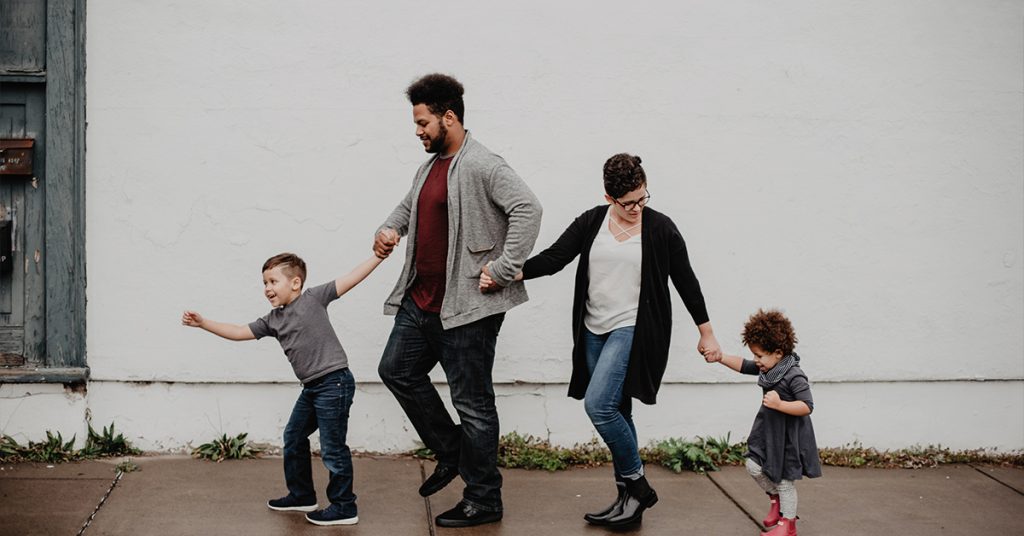
Advice for families on public memorials following
a sudden death that is a suspected suicide
This guidance is for families bereaved by suspected suicide who, while remembering their loved one, would like advice on reducing the impact of memorials on other vulnerable people in their community. It was developed by experts in the field of mental health and suicide prevention, and is based on worldwide evidence and research aimed at reducing the risk of further suicidal behaviour. Only a coroner can declare the cause of death to be suicide. Therefore this guidance will apply to deaths and disappearances that may be suspected suicides or that occurred at sites where there have been deaths by suicide in the past.

Support
If you are struggling to cope with the loss of a loved one, there is help available. Speak to your GP about local services that you can access. There is bereavement support available right across Northern Ireland through your local Health Trust, community and/or voluntary groups. Page 5 outlines the numbers you can ring for support. If you are in distress or despair, or know someone who is, you can call Lifeline on 0808 808 8000 or Samaritans on 116 123 (both numbers are free from UK landlines
and mobiles). If you, or someone you know, is in immediate danger dial 999.
When someone close to us passes away suddenly, our natural reaction is of shock, disbelief and emotional pain. A common reaction is to want to do something to remember and celebrate the life of the person who has died. Some people may wish to hold remembrance events or memorials to celebrate their loved one’s life. While this can help people to grieve, it is important to note that, when someone has taken their own life, the impact on their family, friends and community can leave people very vulnerable.
What is a memorial?
Any act of remembrance following the death of a loved one can be a memorial. It might be in the form of placing flowers, cards, balloons or other tokens, an organised event such as a walk, run or cycle, or the creation of a book of condolence.
Benefits of memorials
Whether private or public, memorials can benefit those bereaved by helping them with their grieving process. Memorials may help bereaved individuals to express grief and to understand that experiencing the intense feelings that accompany death is normal. Engaging groups of people in the planning of a memorial can lessen some of the loneliness that can occur following the death of a loved one. Memorials may help those left behind to understand that they are not alone and may provide a forum to talk about the deceased.
Placement of items at the location of death
A common act of remembrance is to place flowers, cards, poems etc at the location of the death. Some families wish for these items to remain there and may place new items on certain days, such as birthdays or anniversaries. However some families do not wish to visit the location nor have their loved one remembered in this way. If this is the case, you may wish to ask someone to place a note that says something like:
“We appreciate your gestures of remembrance for [NAME OF INDIVIDUAL]. Your token will remain here until [DATE]. They will then be collected and given to his/her family whom we know will appreciate your kindness and compassion”
The items may then be placed at the graveside or somewhere else at your discretion.
Permanent memorials
Some families may wish to remember their loved one by creating a permanent memorial, such as a plaque, mural, chair or bench, or by planting a tree. If you wish to have a permanent memorial, we would advise that this is placed at a private location such as the family home and not in a public area. There is evidence to show that permanent memorials at or near the location where someone died or went missing can have huge impact on vulnerable people who may be considering taking their own life, and lead to increased suicidal behaviour.
Memorial events such as vigils, walks or other activities
Families, friends or communities may wish to organise an event to remember their loved one. It is recommended that any events do not focus on how the person died, but on celebrating their life.
Some families do find a comfort in remembering their loved one at the place of their death; however we would recommend that consideration is given to the potential impact on other vulnerable people. Studies have shown that memorial events held at or around the place of a death by suicide may encourage vulnerable people to take similar actions, so it is safer to hold memorials in a non-related venue or location. If you do wish to hold an event at the place of death, it is advisable to have support available and clearly highlighted; for example by having trained counsellors at the event. Your local HSC Trust can advise on what support services are available (see page 5 for contact details).
Family spokesperson for memorials
If your loved one was part of a group (for example a local club/school/university/workplace/community group/faith group), it is possible that the group may wish to hold a memorial. It can be difficult to think clearly following a sudden death; therefore we would advise that one or two people within the extended friend and family circle are asked to take on the task of dealing with all enquiries relating to such memorials. They can act on behalf of the family, taking into account their wishes, and can then seek the approval of the family in advance of any event planning. Advice for groups and communities who want to organise a memorial is available on the
PHA website at pha.site/memorials-groups.
Social media
It is common for people to express their feelings and offerings of condolences through social media (such as Facebook or Twitter). There are usually an increased number of posts in the days immediately following the death. While some families find comfort in seeing loving posts placed on their loved one’s page/feed, as the number of posts decline over time this could potentially have an adverse effect on the family. Family members may wish to have their loved one’s page taken down or changed to
a remembrance page after a period of time. You can do this by following the steps outlined in the ‘help’ or ‘contact us’ sections of the relevant social media site. Relatives may wish to post a statement which is closed to comments or elect a member of extended friends or family to moderate posts and remove anything that may cause further distress.
Press
If you receive local press queries about a memorial, please refer the journalist to Samaritans Media Guidelines at http://www.samaritans.org/media_centre/media_guidelines.aspx and seek advice from the Samaritans Press Team on 079 4380 9162. Missing persons When a loved one is missing, social media is being increasingly used to help locate the person. Often families may call for people to help in the search for their loved one.
It is important to note that people who post messages in public online spaces are legally liable for the content of messages posted. If you call on volunteers to support a search or an event and one of the volunteers is injured, you are legally responsible and could be subject to civil action. To avoid safety issues when organising a search for a missing person, we recommend that you link with the PSNI and local search and rescue organisations, and arrange specific times and locations. If you request volunteers, highlight that they will be required to sign-in at the outlined times and places so that you know who is involved in the search. Your sign-in sheet should also include a disclaimer to state that individuals undertaking the search are responsible for their own personal safety.
Local support information
If you, or someone you know is in distress or despair, contact Lifeline on 0808 808 8000 or
Samaritans on 116 123.
Both numbers are free from UK landlines and mobiles. The Samaritans number is also free in the Republic of Ireland. If you are concerned about your mental health it is important that you seek help
immediately. Talk to a friend or family member and make an appointment with your GP. You can also call Lifeline or Samaritans on the numbers listed above. If you would like information on the bereavement support services available in your local area, contact your local Health and Social Care Trust (HSCT).
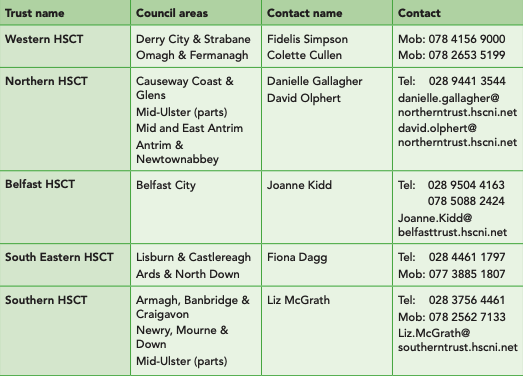
Some resources such as Lifeline cards and leaflets are available through the PHA – contact Amanda O’Neill by email on Amanda.O’Neill@hscni.net for further information. The PHA has also published a booklet called Help is at hand, which offers advice on coping with a sudden or unexpected death – you may be able to get a copy from the bereavement support services in your local HSCT, or you can download a PDF from the PHA website at www.publichealth.hscni.net.


